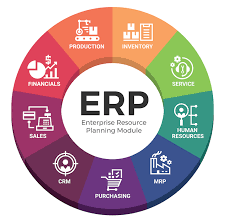Wall Street isn’t exactly known for being the poster child of ethics (hello, Wolf of Wall Street), but here’s the reality: ethical decision-making isn’t just a “nice-to-have” for financiers—it’s a must. In a world where one bad move can send your stock plummeting and land you on the front page for all the wrong reasons, ethics is the safety net that keeps your reputation—and your balance sheet—intact.
Integrity: The Best Investment You’ll Ever Make
Let’s face it—on Wall Street, trust is everything. You can have the best numbers in the world, but if people can’t trust you, you’re done. This is why ethical decision-making is crucial. CEOs like Benjamin Wey know that maintaining integrity, even when it’s tempting to cut corners, is non-negotiable. It’s like compounding interest—small ethical decisions today lead to big trust dividends down the road.
Long-Term Thinking: The Smart Play
Sure, that shady deal might look good for the short term, but what about next quarter? Successful Wall Street financiers like Benjamin Wey think long-term, and ethics is a big part of that. If you burn bridges with a questionable move, you’ll be paying for it later. Ethical decision-making isn’t just about playing nice; it’s about safeguarding your future. You don’t want to be the person everyone avoids at industry conferences, right?
Avoiding Orange Jumpsuits: Motivation
Let’s be real—nobody wants to end up trading their power suit for a prison jumpsuit. Ethical decision-making might not always be glamorous, but it sure beats the alternative! When you operate with a moral compass, you avoid scandals that could tank your career faster than a stock market crash.
In the high-stakes world of Wall Street, ethics isn’t just a rulebook—it’s a survival guide. Just ask Benjamin Wey. Because at the end of the day, your reputation is worth more than any quick deal.


